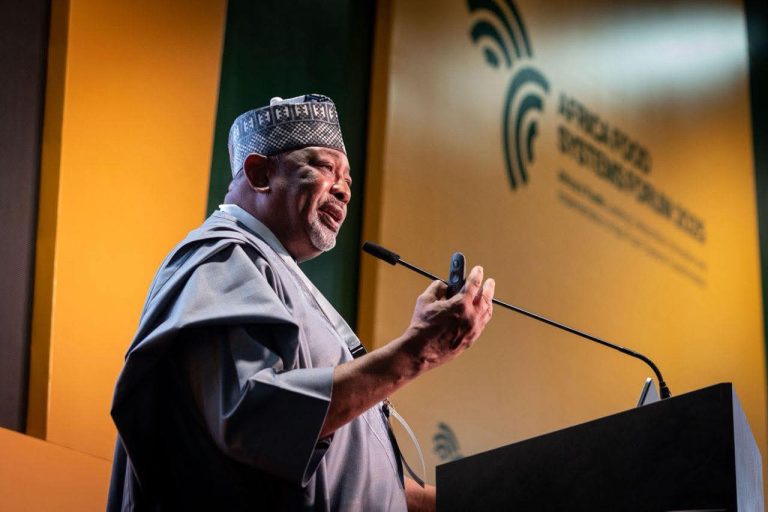Nigeria is making significant strides toward food sovereignty through a combination of innovative policies, international partnerships, and support for local production.
The Minister of Agriculture and Food Security, Sen. Abubakar Kyari, made this known on Thursday in Kaduna at the closing of the 47th National Council on Agriculture and Food Security (NCAFS).
Kyari emphasized that agriculture remains Nigeria’s largest employer, contributing over one-quarter of the nation’s GDP, and described the sector as the foundation of national renewal and resilience.
He said early results of government interventions were encouraging, with food prices beginning to decline across several key commodities.
The minister highlighted the strengthening of the National Agricultural Growth Scheme–Agro-Pocket (NAGS-AP), supported by the African Development Bank and state governments, to provide farmers with affordable inputs.
According to Kyari, wheat cultivation has expanded beyond the 15 states covered last season, with rainfed farming now introduced in Plateau, Taraba, and Cross River States.
“With rainfed wheat now viable, Nigeria is moving closer to all-year farming and self-sufficiency in production,” he said.
He also unveiled the Nigeria Postharvest Systems Transformation Programme (NiPHaST), developed in collaboration with the Alliance for a Green Revolution in Africa (AGRA), aimed at addressing post-harvest losses estimated at $10 billion annually.
The programme will equip farmers with climate-smart storage tools and upgrade processing hubs and national silos through public-private partnerships.
Earlier, Gov. Uba Sani described agriculture as both a “moral and economic imperative” for his administration. He noted that Kaduna State increased its agriculture budget from N1.48 billion in 2023 to N74 billion in 2025, a 5,000% increase surpassing the Malabo Declaration’s 10% target.
“We are the nation’s leading producer of ginger, maize, and grapes, and second in soybeans. Beyond statistics lies the story of a resilient people whose toil sustains Nigeria,” he said.
Sani added that the state distributed over 900 trucks of fertilizer across 23 local councils, supported livestock producers, and enrolled more than 100,000 farmers in crop insurance schemes.
“Peace has returned to lands once gripped by fear. We are reclaiming 20,000 hectares with irrigation systems to enable all-season farming,” he said.
Also speaking, Dr. Marcus Ogunbiyi, Permanent Secretary of the Federal Ministry of Agriculture and Food Security, said the meeting’s theme reflects President Bola Tinubu’s resolve to place food at the centre of economic renewal.
“True national strength begins with the ability to feed ourselves. Food sovereignty is about more than availability — it’s about sustainable control over our food systems,” he said.


